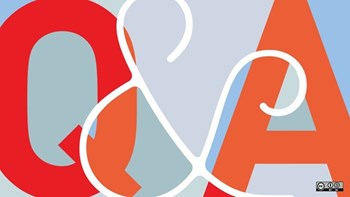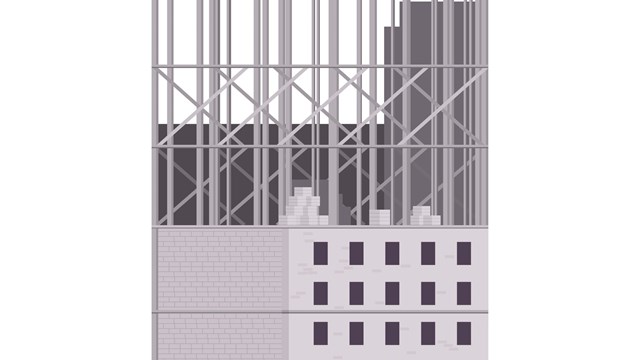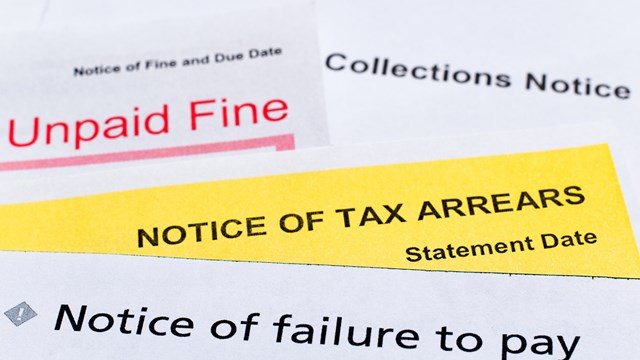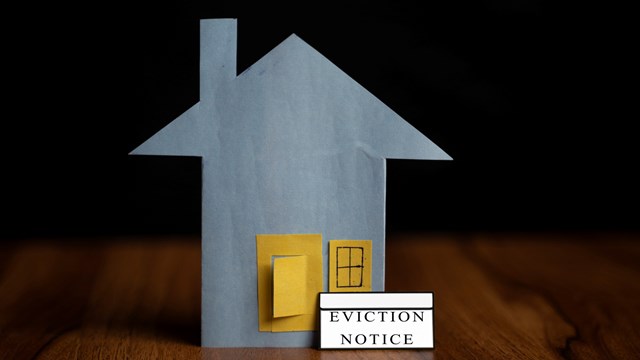
—No More Freeloaders
A “The association cannot utilize self-help and bar a unit owner’s access to an apartment during the time they are in arrears emanating from their failure to pay common area maintenance,” says Hackensack-based attorney Donald M. Onorato. “The New Jersey Condominium Act states that each unit constitutes a separate parcel of real estate for which a unit owner receives a deed evidencing ownership. Inasmuch as a mortgage lender cannot place a padlock on a unit owner’s door while a mortgage foreclosure is pending, likewise, condominium associations are precluded from doing the same.
“Additionally, most condominium governing documents provide that unit owners have access by way of easements which run throughout the property allowing them access to, among other things, their condominium unit. The New Jersey Condominium Act, as well as some if not all master deeds and bylaws, provides certain remedies to associations when a unit owner is in arrears. The letter writer should contact his association attorney to ascertain whether his governing documents allow the association to bar the unit owner from utilizing common elements, including a swimming pool and parking area, when they are in arrears. This many times is a very effective remedy and compels the unit owner to satisfy their arrears.”






Leave a Comment